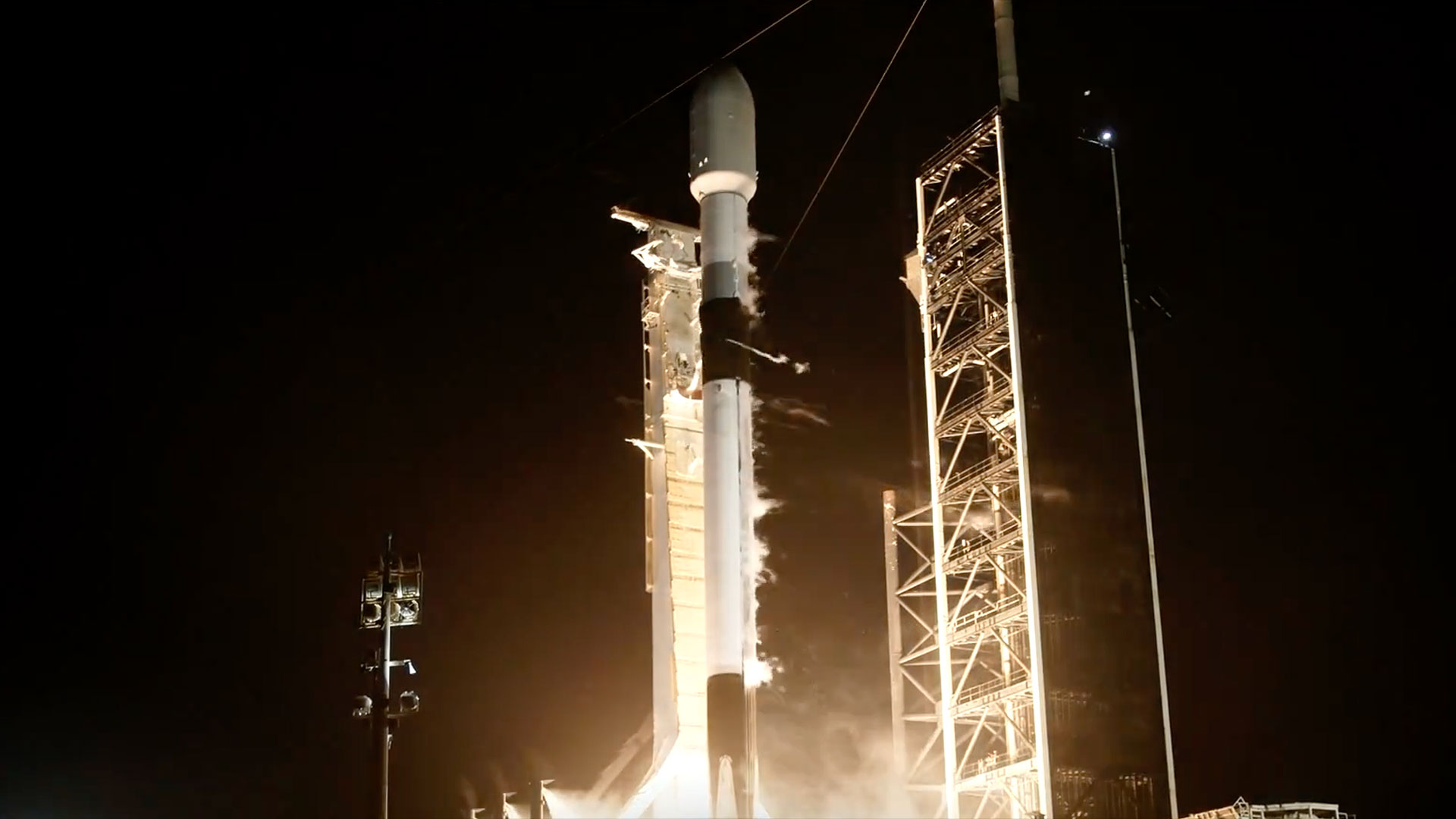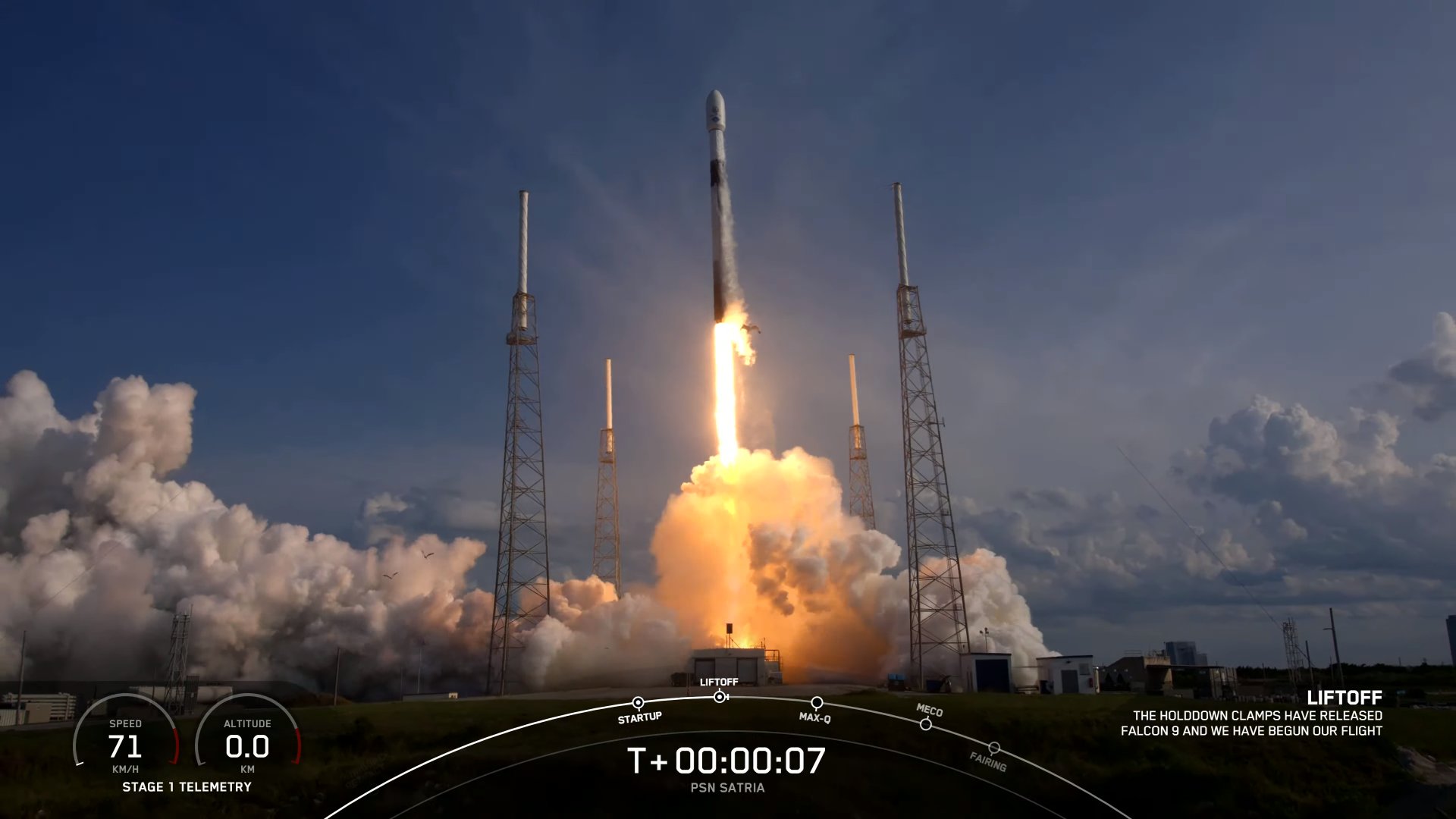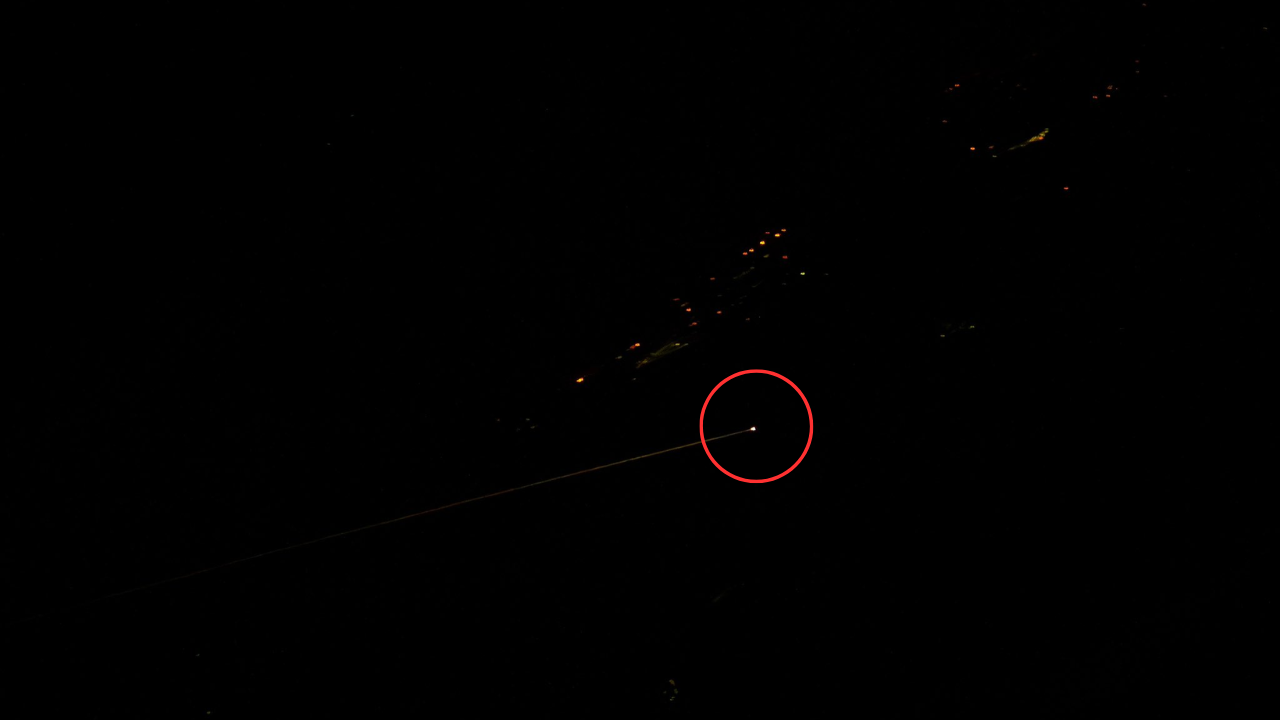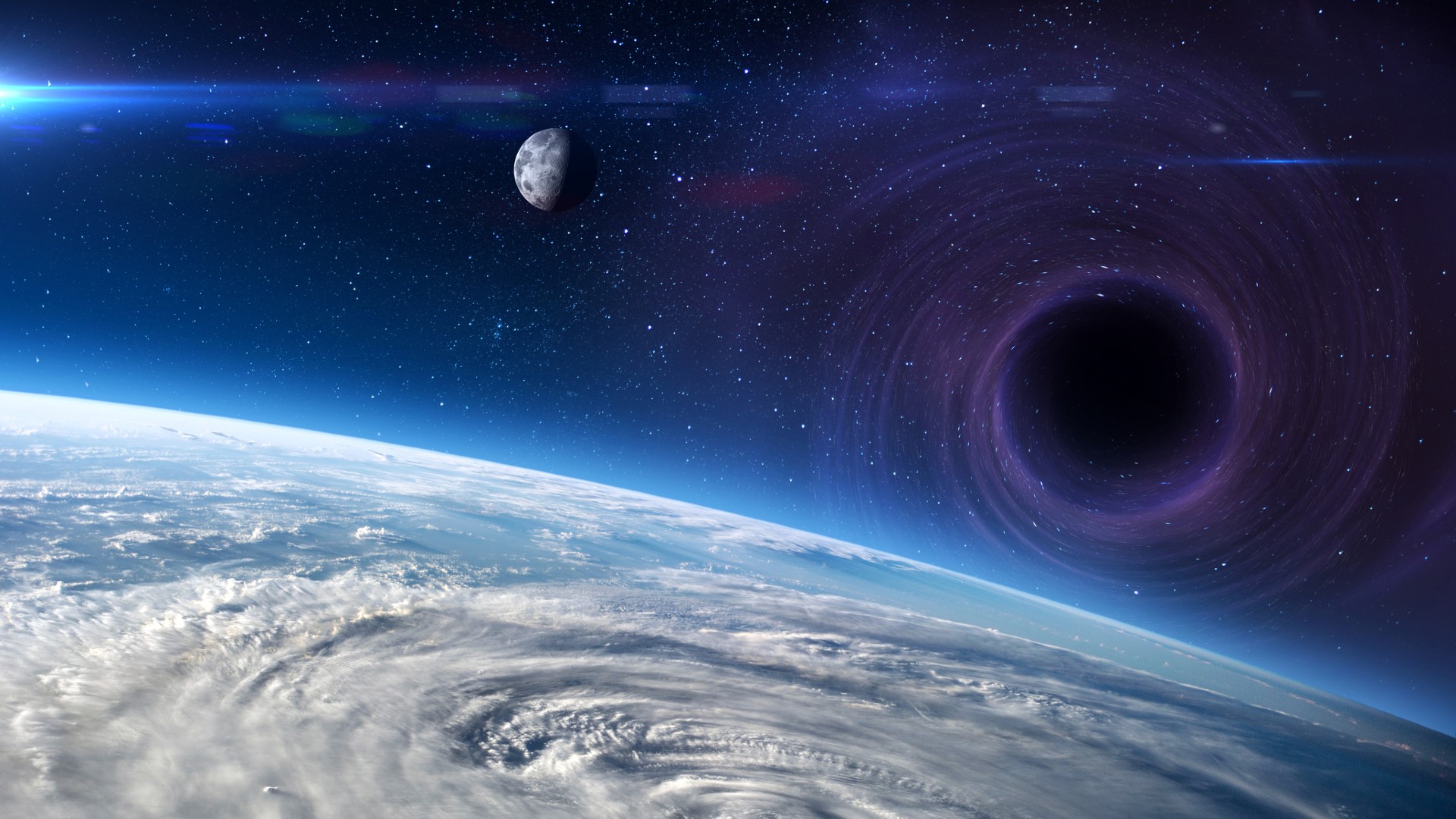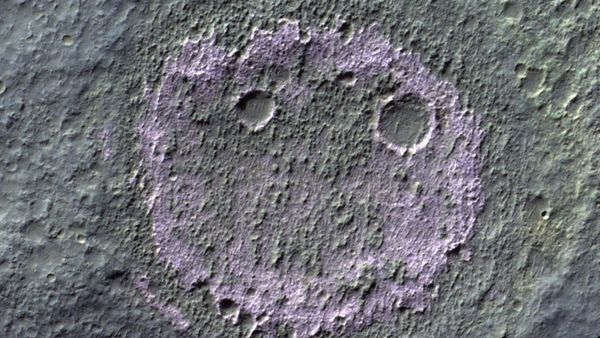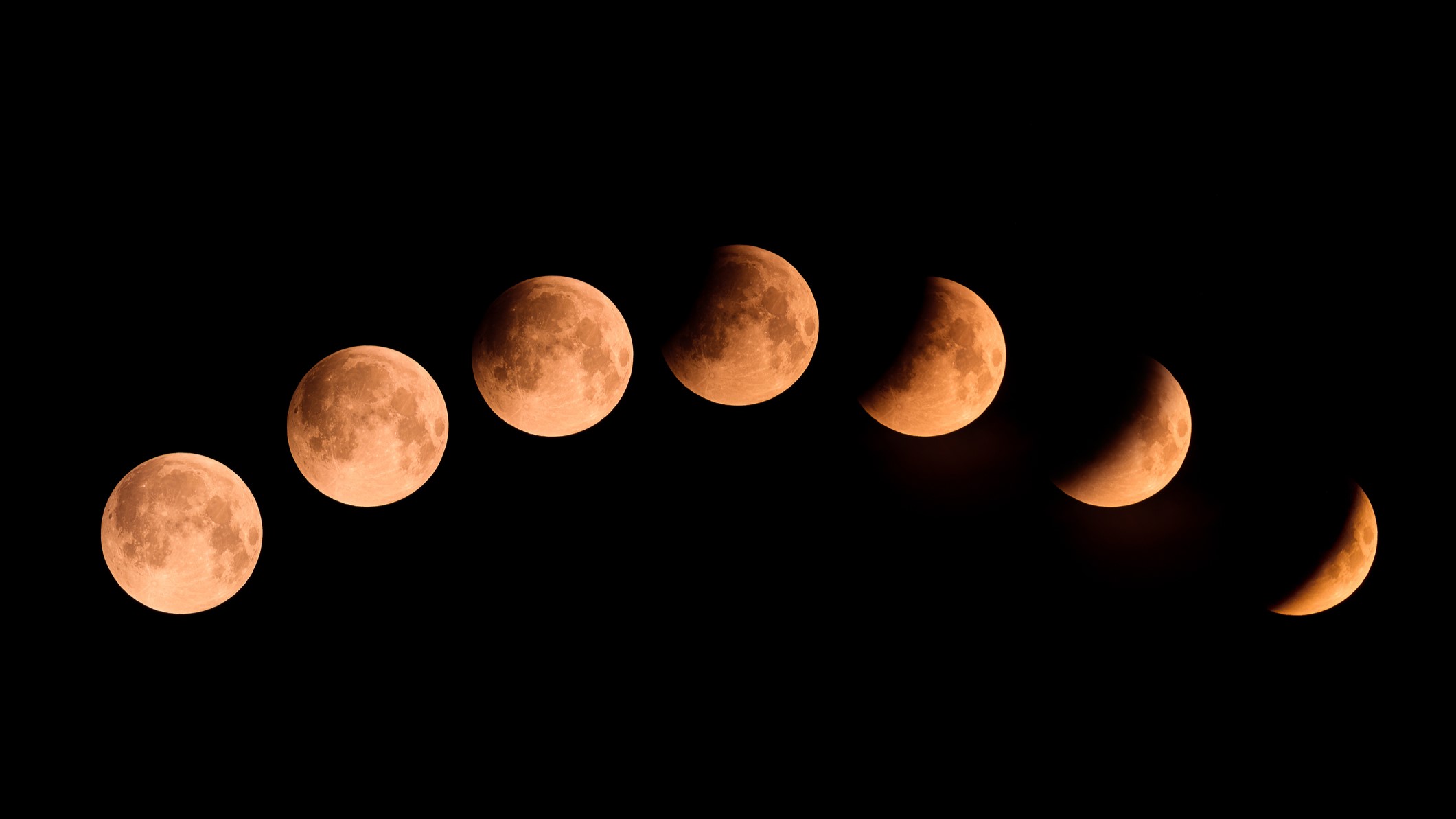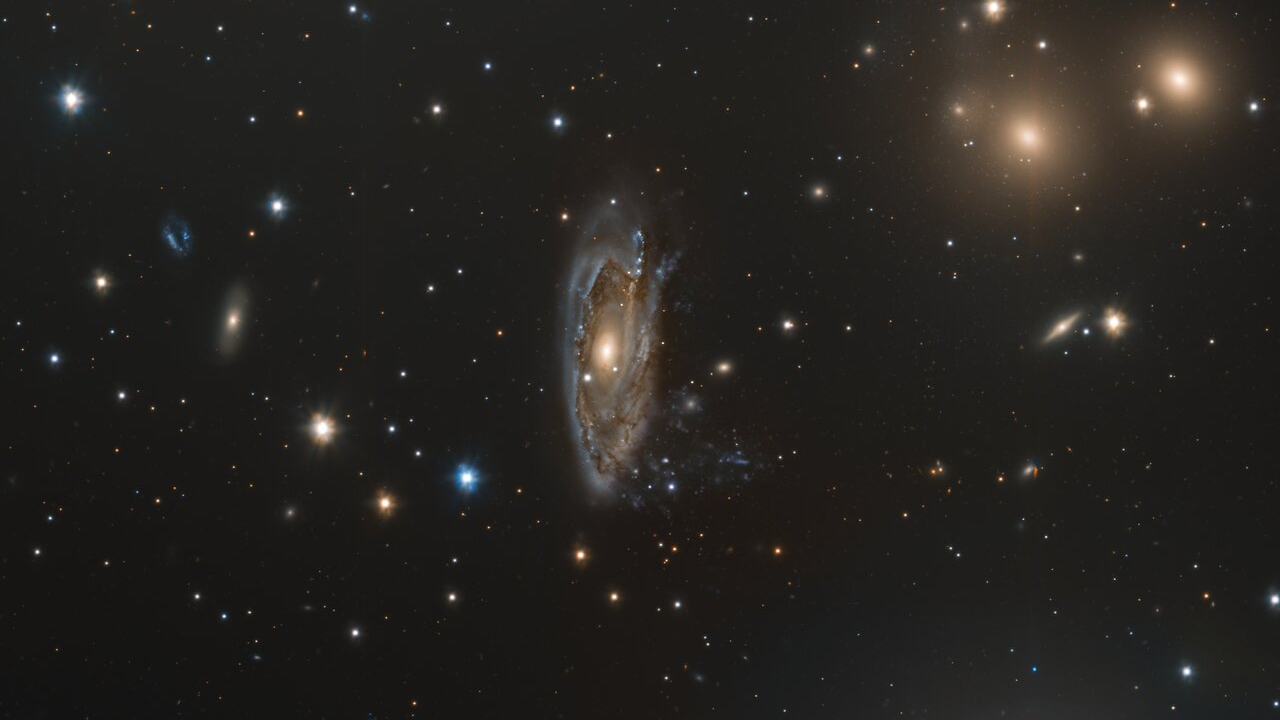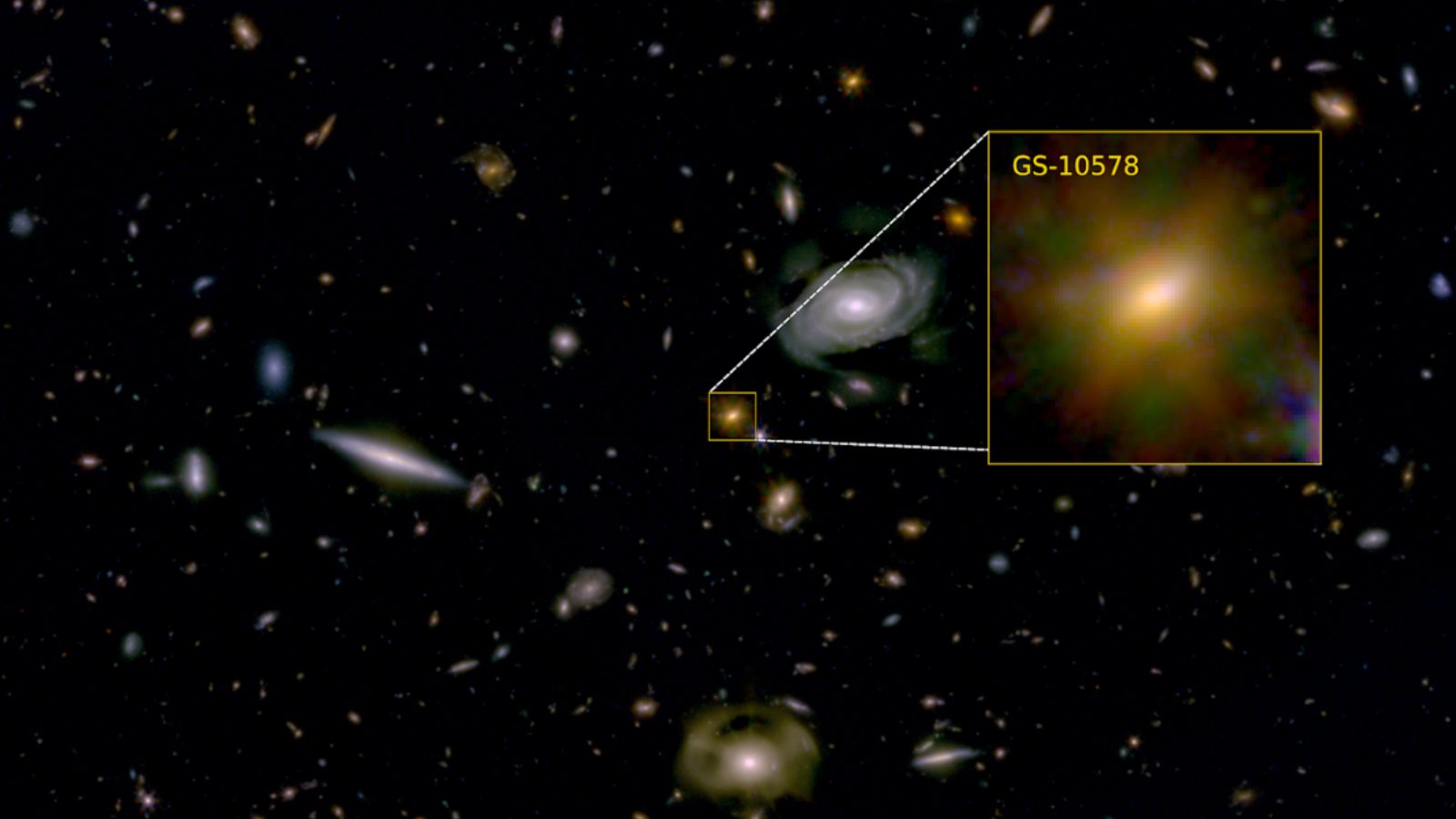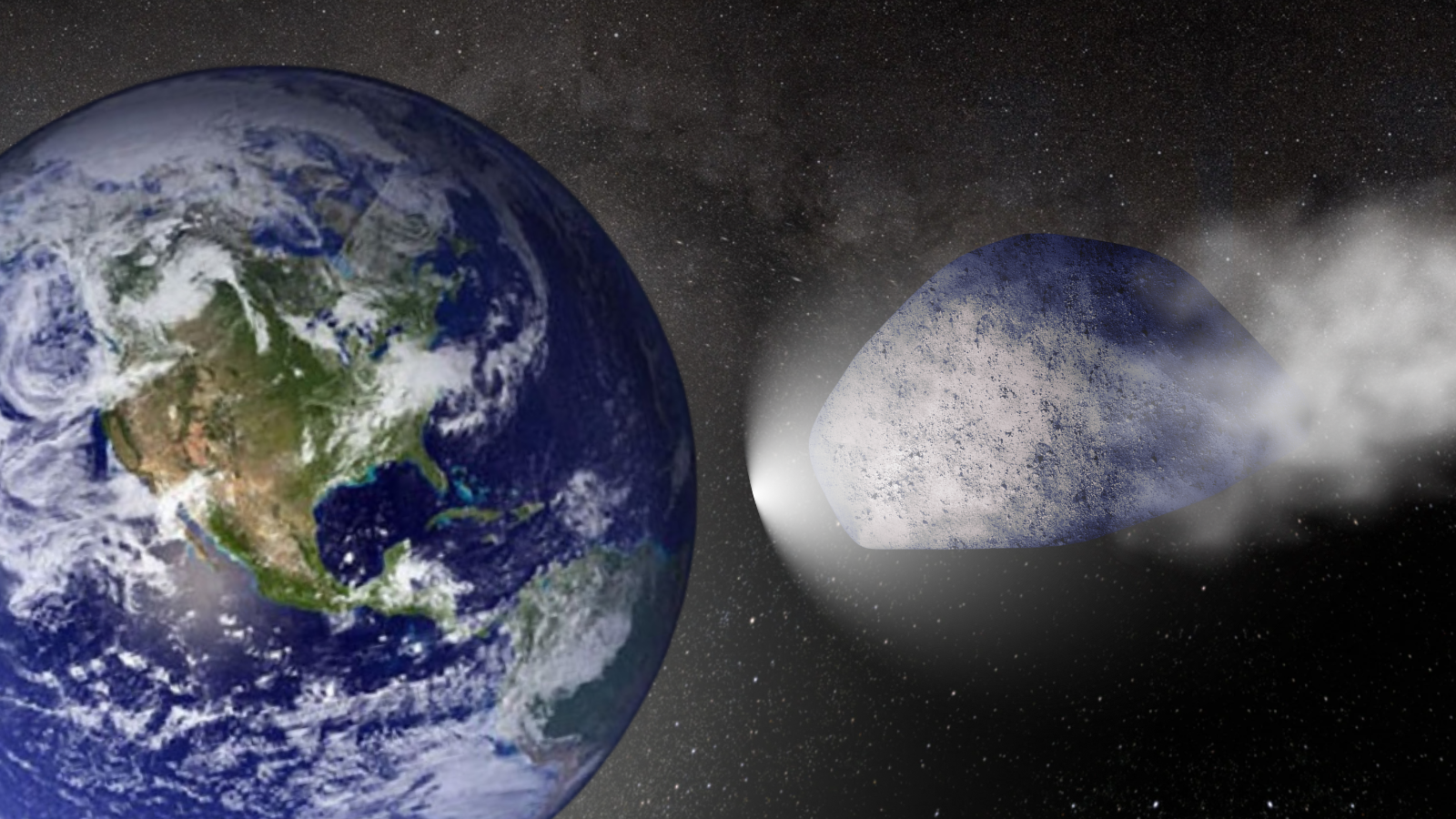- Jam packed issues filled with the latest cutting-edge research, technology and theories delivered in an entertaining and visually stunning way, aiming to educate and inspire readers of all ages
- Engaging articles, breathtaking images and expert knowledge
- Issues delivered straight to your door
SpaceX launching 2 European navigation satellites tonight
Liftoff of the Galileo L13 mission is scheduled for 6:50 p.m. ET today (Sept. 17).
When you purchase through links on our site, we may earn an affiliate commission. Here’s how it works.
SpaceX will launch two European navigation satellites tonight (Sept. 17), weather permitting.
A Falcon 9 rocket carrying two spacecraft for Europe's Galileo satnav constellation is scheduled to lift off from Cape Canaveral Space Force Station in Florida tonight at 6:50 p.m. EDT (1850 GMT).
SpaceX will webcast the action live via its X account, beginning about 15 minutes before liftoff. However, the company says it's keeping its eye on the weather, which is frequently iffy on Florida's Space Coast. If Mother Nature doesn't cooperate tonight, there's another opportunity tomorrow (Sept. 18) at around the same time.
If all goes according to plan tonight, the Falcon 9's first stage will return to Earth safely, landing at sea on the SpaceX droneship "Just Read the Instructions" about 8.5 minutes after launch. According to a SpaceX mission description, it will be the 22nd liftoff and landing for this particular booster — one shy of the company's reuse record.
The Falcon 9's upper stage, meanwhile will haul the two Galileo satellites toward medium Earth orbit, deploying them there about 3.5 hours after launch.
The Galileo constellation — Europe's equivalent of the United States' Global Positioning System ( GPS ) — resides at an altitude of 14,430 miles (23,222 kilometers). Thirty Galileo satellites have launched to date, all but two of them atop Russian-built Soyuz rockets or Europe's Ariane 5 heavy lifter.
Get the Space.com Newsletter
Breaking space news, the latest updates on rocket launches, skywatching events and more!
The two outliers launched this past April atop a Falcon 9. Europe signed a Galileo launch deal with SpaceX in late 2023 after its other options dried up: It cut most space ties with Russia following the February 2022 Ukraine invasion, and the Ariane 5 retired last summer. (The Ariane 5's replacement, the Ariane 6, launched for the first time this past July.)
The SpaceX launch contract covers up to four Galileo spacecraft, so tonight's liftoff will presumably fulfill it.
On the April Galileo launch, the Falcon 9's first stage did not try to make a safe landing; rather, it ditched into the sea, lacking the fuel to steer itself back for a vertical touchdown.
Tonight's mission will send the satellites to the same distant orbital destination. But SpaceX says it learned enough from the first Galileo liftoff to bring this Falcon 9 home in one piece.
"Data from that mission informed subtle design and operational changes, including mass reductions and trajectory adjustments, that will allow us to safely recover and reuse this booster," the company wrote in mission description.
"This landing attempt will test the bounds of recovery, giving us valuable data on the design of the vehicle in these elevated entry conditions," it added. "This in turn will help us innovate on future vehicle designs to make our vehicles more robust and rapidly reusable while expanding into more challenging reentry conditions."
Michael Wall is a Senior Space Writer with Space.com and joined the team in 2010. He primarily covers exoplanets, spaceflight and military space, but has been known to dabble in the space art beat. His book about the search for alien life, "Out There," was published on Nov. 13, 2018. Before becoming a science writer, Michael worked as a herpetologist and wildlife biologist. He has a Ph.D. in evolutionary biology from the University of Sydney, Australia, a bachelor's degree from the University of Arizona, and a graduate certificate in science writing from the University of California, Santa Cruz. To find out what his latest project is, you can follow Michael on Twitter.
FAA plans to fine SpaceX $630,000 for alleged launch violations
NASA astronaut photographs SpaceX's private Polaris Dawn capsule reentry from ISS (photo)
A 'primordial' black hole may zoom through our solar system every decade
Most Popular
-
1A 'primordial' black hole may zoom through our solar system every decade
-
2FAA plans to fine SpaceX $630,000 for alleged launch violations
-
3Comet Tsuchinshan-ATLAS nears the sun this month. Will it be visible to the naked eye?
-
49 firsts in 5 days: Polaris Dawn crew lands from history-making SpaceX mission
-
5Space missions are getting more complex − lessons from Amazon and FedEx can inform satellite and spacecraft management in orbit
Space is part of Future US Inc, an international media group and leading digital publisher. Visit our corporate site.
©Future US, Inc. Full 7th Floor, 130 West 42nd Street,New York,NY 10036.

